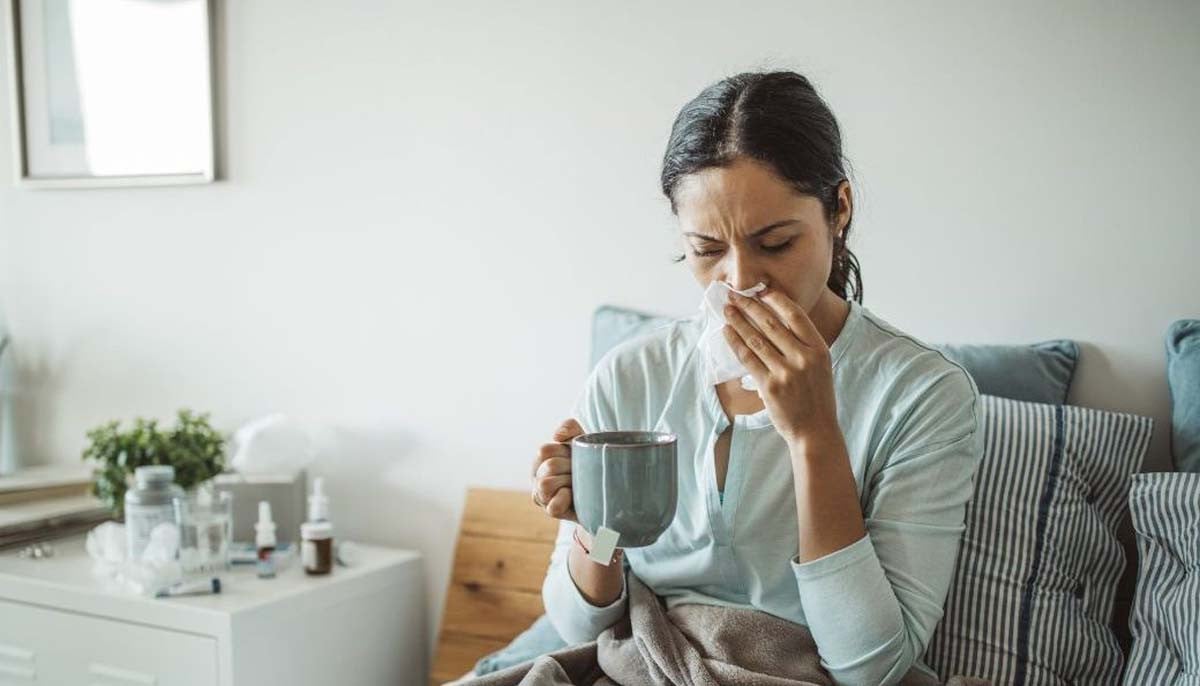Cold plunging: Is viral new trend worth the hype?
Ice baths are common practice among athletes or fitness enthusiasts to either start the day or follow in after a workout
Cold plunging is the new viral trend that has taken the internet by storm these days. From sports stars to celebrities — everyone is trying to get on the bandwagon, plunging into icy cold waters.
But is it really worth the hype? Before we explore that, let us tell you what cold plunging is.
It is the practice of immersing yourself into cold water completely, from head to toe, for as long as you can. It is also known as ice bath, Yahoo life reported.
According to Andrew Jagim, director of sports medicine research at the Mayo Clinic, "It's common practice among athletes or fitness enthusiasts to either start the day with a cold plunge or follow a workout or training session with a cold plunge, with the intent of improving recovery."
Benefits of cold plunging
It improves muscle recovery by limiting inflammation and muscle soreness, especially after a workout session.
It helps treat symptoms of chronic pain and immune system. Jagim said cold plunging results in "improvements in mood and bolstered resilience to stress, which can aid in immune system functioning."
It improves metabolism and cold tolerance. Studies have shown that during a cold plunge metabolism speed increases by 350% and repeated plunges can help burn calories by increasing production of brown fat which regulates body temperature.
Is cold plunging safe?
According to Francois Haman, a health science professor at the University of Ottawa, said "immersing yourself into cold water is a calculated risk at all times."
It can cause hypothermia, skin damage, cardiac stress, increased blood pressure and even drowning.
Haman added: "Assuming that everybody responds the same way too cold is extremely dangerous. I've had some people have a lot of difficulties in the cold, while other people had no issues."
-
NHS warning to staff on ‘discouraging first cousin marriage’: Is it medically justified?
-
Ariana Grande opens up about ‘dark’ PTSD experience
-
Dakota Johnson reveals smoking habits, the leading cause of lung cancer
-
Chris, Liam Hemsworth support their father post Alzheimer’s diagnosis
-
Tom Hanks diabetes 2 management strategy laid bare
-
Catherine O’Hara becomes beacon of hope for rectal cancer patients
-
FDA sends 'refusal-to-file' to Moderna over new flu vaccine
-
Cure flu with theses two golden foods












